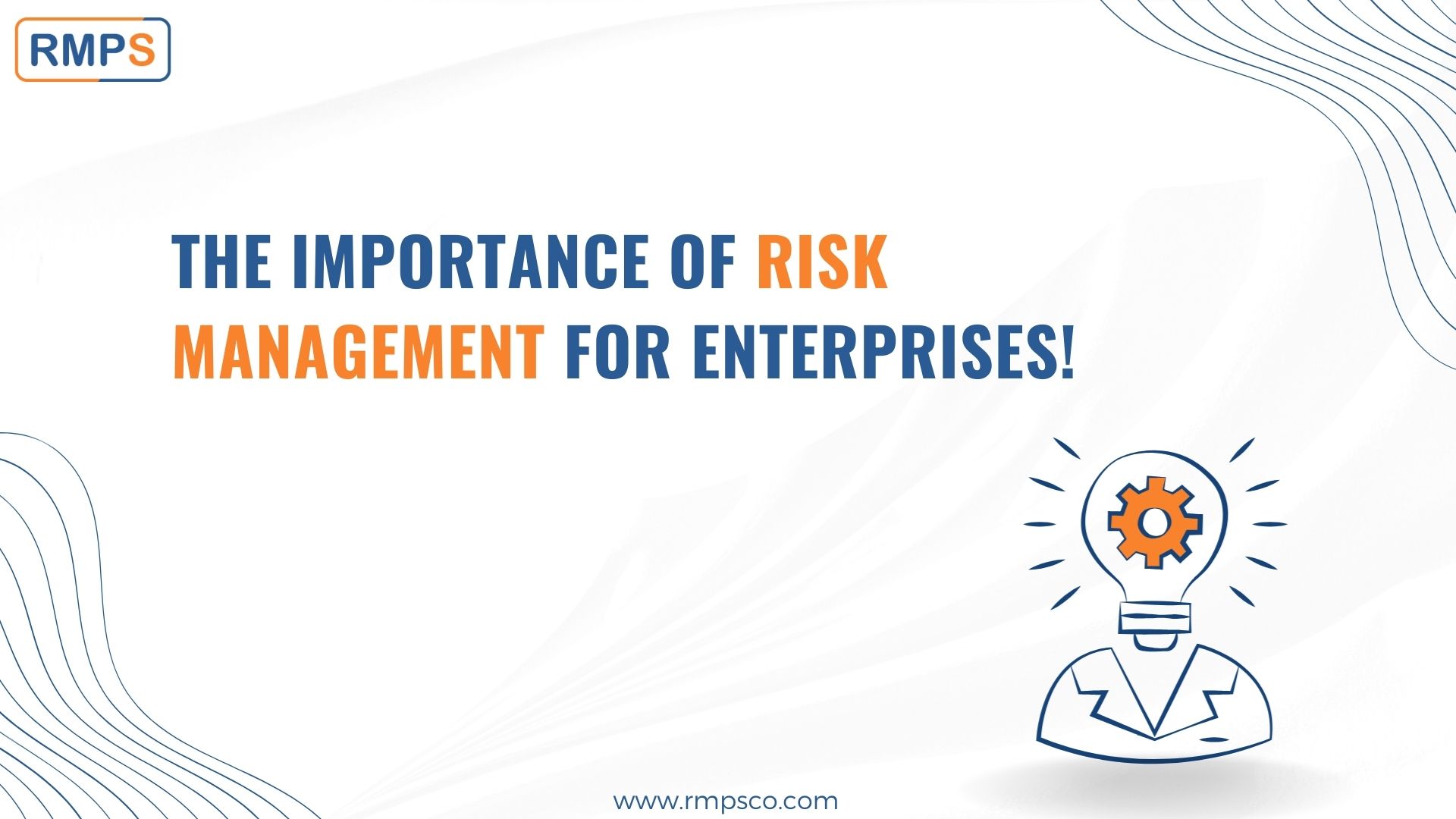The Extensive Importance of Risk Management in International Supply Chains
Wiki Article
The Significance of Understanding the Importance of Risk Management in Different Industries

The Core Concept of Risk Management and Its Purpose
Risk Management, the foundation of several markets, hinges on the recognition, analysis, and reduction of uncertainties in a business environment. By correctly determining possible threats, services can develop approaches to either avoid these threats from happening or decrease their impact. As soon as risks have been determined and reviewed, the mitigation procedure entails designing approaches to decrease their prospective influence.Advantages of Applying Risk Management in Business Operations

Revealing the Function of Risk Management in Different Industries
While every sector faces its one-of-a-kind collection of dangers, the application of Risk Management approaches continues to be a common measure in their quest of sustainability and growth. In the healthcare market, Risk Management involves guaranteeing person security and information security, while in financing, it involves mitigating financial investment dangers and making certain governing compliance (importance of risk management). Building and construction firms focus on employee safety, job delays, and budget plan overruns. find this In the modern technology sector, firms minimize cybersecurity risks and innovation obsolescence. Ultimately, the function of Risk Management throughout industries is to identify, analyze, and alleviate dangers. It is a vital part of tactical planning, making it possible for companies to protect their possessions, make best use of chances, and achieve their goals.
Real-life Study Showing Successful Risk Management
To comprehend the significance of Risk Management in these lots of sectors, one can look to numerous real-life instances that show the successful application of these actions. Toyota, post the 2011 earthquake in Japan, revised its supply chain Management to reduce interruption risks. These cases demonstrate how industries, finding out from crises, properly used Risk Management strategies to decrease future dangers.
Future Patterns and Developments in Risk Management Techniques
As the globe proceeds to develop, so too do the patterns and developments in Risk Management methods. Rapid advancements in innovation and information analytics are improving the Risk landscape. Huge information and AI are currently crucial in anticipating and alleviating dangers. Organizations are leveraging these devices to construct anticipating designs and make data-driven choices. Cybersecurity, when an outer worry, has catapulted to the leading edge of Risk Management, with techniques concentrating on response, detection, and prevention. The combination of ESG (Environmental, Social, Administration) elements right into Risk Management is an additional expanding fad, reflecting the increasing acknowledgment of the function that social and environmental risks play in company sustainability. Thus, the future of Risk Management depends on the fusion of innovative innovation, innovative approaches, and a holistic method.Verdict
Finally, recognizing visit the relevance of Risk Management across a spectrum of markets is important for their long life and success. Customized methods can assist mitigate prospective dangers, safeguard properties, and foster stakeholder trust fund. Additionally, proactive decision-making aids in regulatory conformity and enhances resource use. Eventually, effective Risk Management contributes to a lot more resistant and lasting services, highlighting the value of this technique in today's highly competitive and dynamic service setting.While every market faces its distinct set of dangers, the implementation of Risk Management approaches remains a common in their quest of sustainability and growth. In the health care industry, Risk Management requires making certain patient security and information security, while in financing, it entails mitigating financial investment risks and guaranteeing regulative compliance. Ultimately, the function of Risk Management across sectors is to identify, examine, and mitigate risks. These instances demonstrate how industries, discovering from situations, properly applied Risk Management strategies to reduce future risks.

Report this wiki page